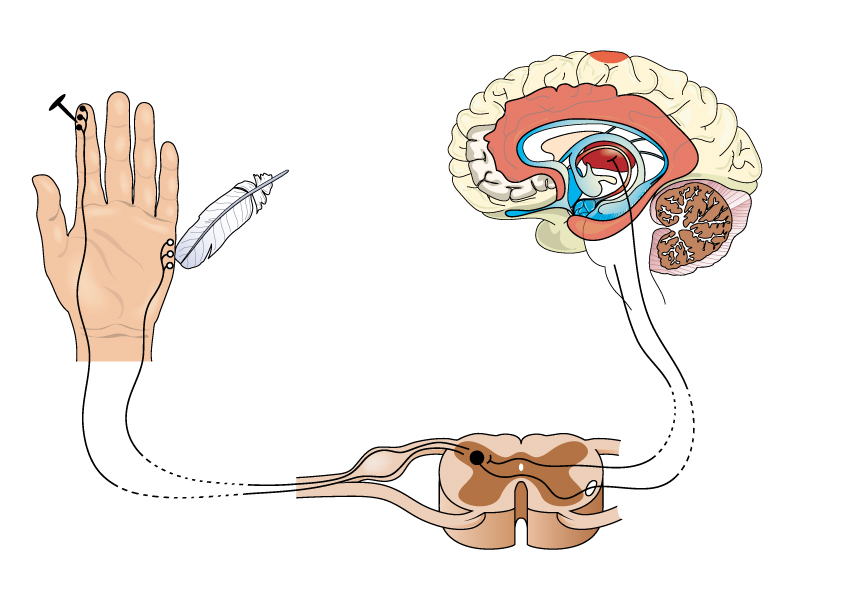Hormones are chemical products that are transported by the blood or body fluids. They have a specific regulatory effect on cells remote from their origin. Peptide (protein) hormones require intracellular secondary messengers to evoke a physiological response. On the other hand, steroid hormones bind to receptors in the nucleus, affecting gene transcription.
With age, there is a decrease in the levels of growth hormone and melatonin.
Growth hormone is a hormone produced by the pituitary gland in the brain that enhances body growth. It does so by acting on the liver and kidney to produce somatomedins, which increase the rate of mitosis (division) in the growth plate.
Meanwhile, melatonin is produced by the pineal gland in the brain. Its production is stimulated by darkness and suppressed by light. Melatonin levels rise at night and help promote sleep.
In contrast, parathyroid hormone and luteinizing hormone typically increase as one gets older.
Parathyroid hormone is produced in the parathyroid gland and regulates calcium concentration in bone and body fluids. This is achieved by increasing the resorptive activity of osteoclasts (cells) in bone, increasing calcium resorption in the kidney, and increasing calcium absorption in the gut.
Luteinizing hormone stimulates the growth of ovarian follicles and estrogen secretion. In addition, it activates the testes and stimulates Sertoli cells, which are essential for sperm production.
The Boom Health app allows users to book registered nurses, personal support workers, and personal care services, schedule transportation, order prepared meals, rent or purchase medical equipment, and get emergency assistance. Download the app from the App Store or Google Play Store.
This article is not intended to be a substitute for professional medical advice or diagnosis. Always seek the advice of your physician or another qualified health provider with any questions you may have regarding a medical condition.





